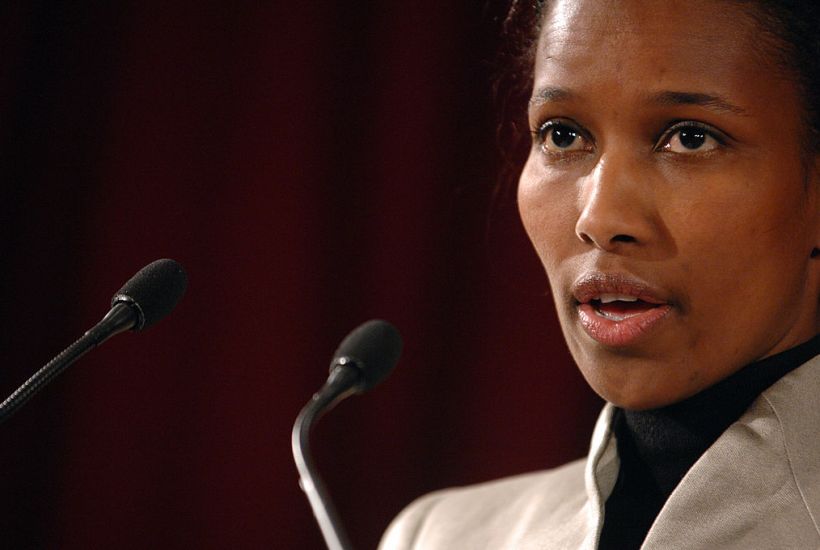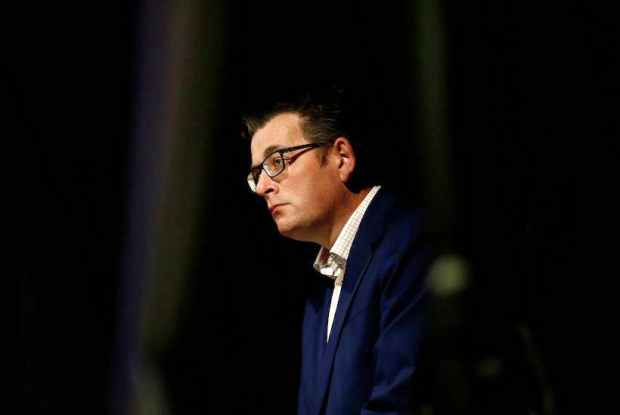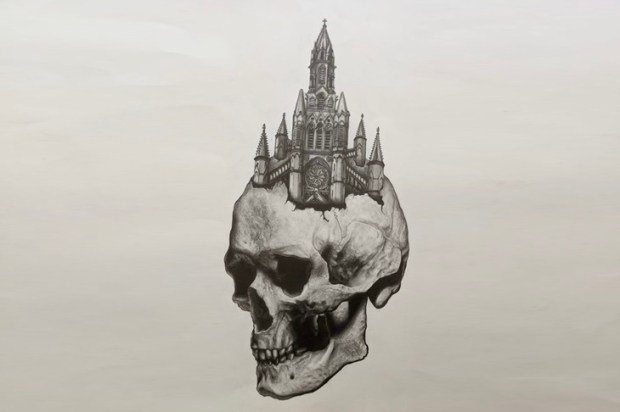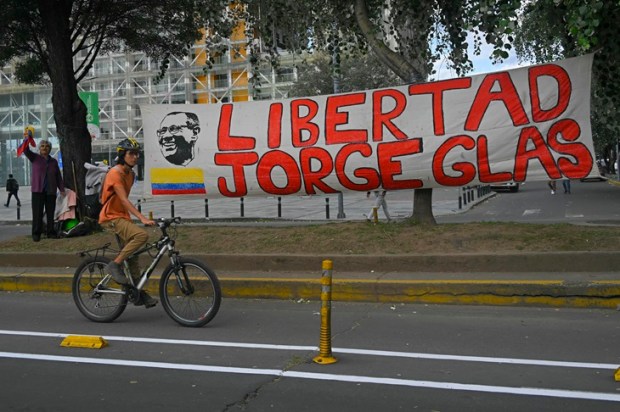One of the most remarkable stories of the year is Ayaan Hirsi Ali’s public profession of Christian faith. Her article in UnHerd is not only an explicit renunciation of her former atheism, but also a stunning response to Bertrand Russell’s 1927 lecture, Why I am Not a Christian.
This is where Hirsi Ali’s latest article is at its most courageous. Especially when you realise that Hirsi Ali still has a fatwa issued against her due to her apostasy from Islam. Hirsi Ali though, calls out the Western media and political elite’s whitewashing of the events of 9/11. She explains the Muslim Brotherhood’s viewpoint of unbelievers which should shock any reader, especially in light of more recent events:
During Islamic study sessions, we shared with the preacher in charge of the session our worries. For instance, what should we do about the friends we loved and felt loyal to but who refused to accept our dawa(invitation to the faith)? In response, we were reminded repeatedly about the clarity of the Prophet’s instructions. We were told in no uncertain terms that we could not be loyal to Allah and Muhammad while also maintaining friendships and loyalty towards the unbelievers. If they explicitly rejected our summons to Islam, we were to hate and curse them.
Here, a special hatred was reserved for one subset of unbeliever: the Jew. We cursed the Jews multiple times a day and expressed horror, disgust and anger at the litany of offences he had allegedly committed. The Jew had betrayed our Prophet. He had occupied the Holy Mosque in Jerusalem. He continued to spread corruption of the heart, mind and soul.
Hirsi Ali recounts her own spiritual journey from Islam to atheism to now more recently Christianity. A large part of the reason for her return to religious faith is because of what she refers to as the ‘nihilistic vacuum’ which exists whenever there is unbelief. The results of which are devastating for life in the world today. As Hirsi Ali explains:
Russell and other activist atheists believed that with the rejection of God we would enter an age of reason and intelligent humanism. But the ‘God hole’ – the void left by the retreat of the church – has merely been filled by a jumble of irrational quasi-religious dogma. The result is a world where modern cults prey on the dislocated masses, offering them spurious reasons for being and action – mostly by engaging in virtue-signalling theatre on behalf of a victimised minority or our supposedly doomed planet. The line often attributed to G.K. Chesterton has turned into a prophecy: ‘When men choose not to believe in God, they do not thereafter believe in nothing, they then become capable of believing in anything.’
In this nihilistic vacuum, the challenge before us becomes civilisational. We can’t withstand China, Russia and Iran if we can’t explain to our populations why it matters that we do. We can’t fight woke ideology if we can’t defend the civilisation that it is determined to destroy. And we can’t counter Islamism with purely secular tools. To win the hearts and minds of Muslims here in the West, we have to offer them something more than videos on TikTok.
Sadly, more than a few readers of The Spectator Australia are likely to dismiss Hirsi Ali’s profession of Christianity as being at best quaint, or even less graciously as being totally deluded. But it is she who has put her finger on something which too many people living in the West today simply take for granted. Nearly all of the blessings that we enjoy in modern society find their genesis with the Carpenter from Nazareth. As Hirsi Ali persuasively argues:
…we can’t fight off these formidable forces unless we can answer the question: what is it that unites us? The response that ‘God is dead!’ seems insufficient. So, too, does the attempt to find solace in ‘the rules-based liberal international order’. The only credible answer, I believe, lies in our desire to uphold the legacy of the Judaeo-Christian tradition.
That legacy consists of an elaborate set of ideas and institutions designed to safeguard human life, freedom and dignity – from the nation state and the rule of law to the institutions of science, health and learning. As Tom Holland has shown in his marvellous book Dominion, all sorts of apparently secular freedoms – of the market, of conscience and of the press – find their roots in Christianity.
And so I have come to realise that Russell and my atheist friends failed to see the wood for the trees. The wood is the civilisation built on the Judaeo-Christian tradition; it is the story of the West, warts and all. Russell’s critique of those contradictions in Christian doctrine is serious, but it is also too narrow in scope.
With Christmas fast approaching, maybe it’s time to reconsider once again the existential significance of the Jesus story. What is the difference that His life, death and resurrection make? It’s clearly historical because our entire method of marking time is based around it. But it’s also as Hirsi Ali says, ‘civilisational’. For without it there is only a nihilistic vacuum that exposes us to every philosophical falsehood and totalitarian ideology under the sun.
Got something to add? Join the discussion and comment below.
Get 10 issues for just $10
Subscribe to The Spectator Australia today for the next 10 magazine issues, plus full online access, for just $10.


























Comments
Don't miss out
Join the conversation with other Spectator Australia readers. Subscribe to leave a comment.
SUBSCRIBEAlready a subscriber? Log in